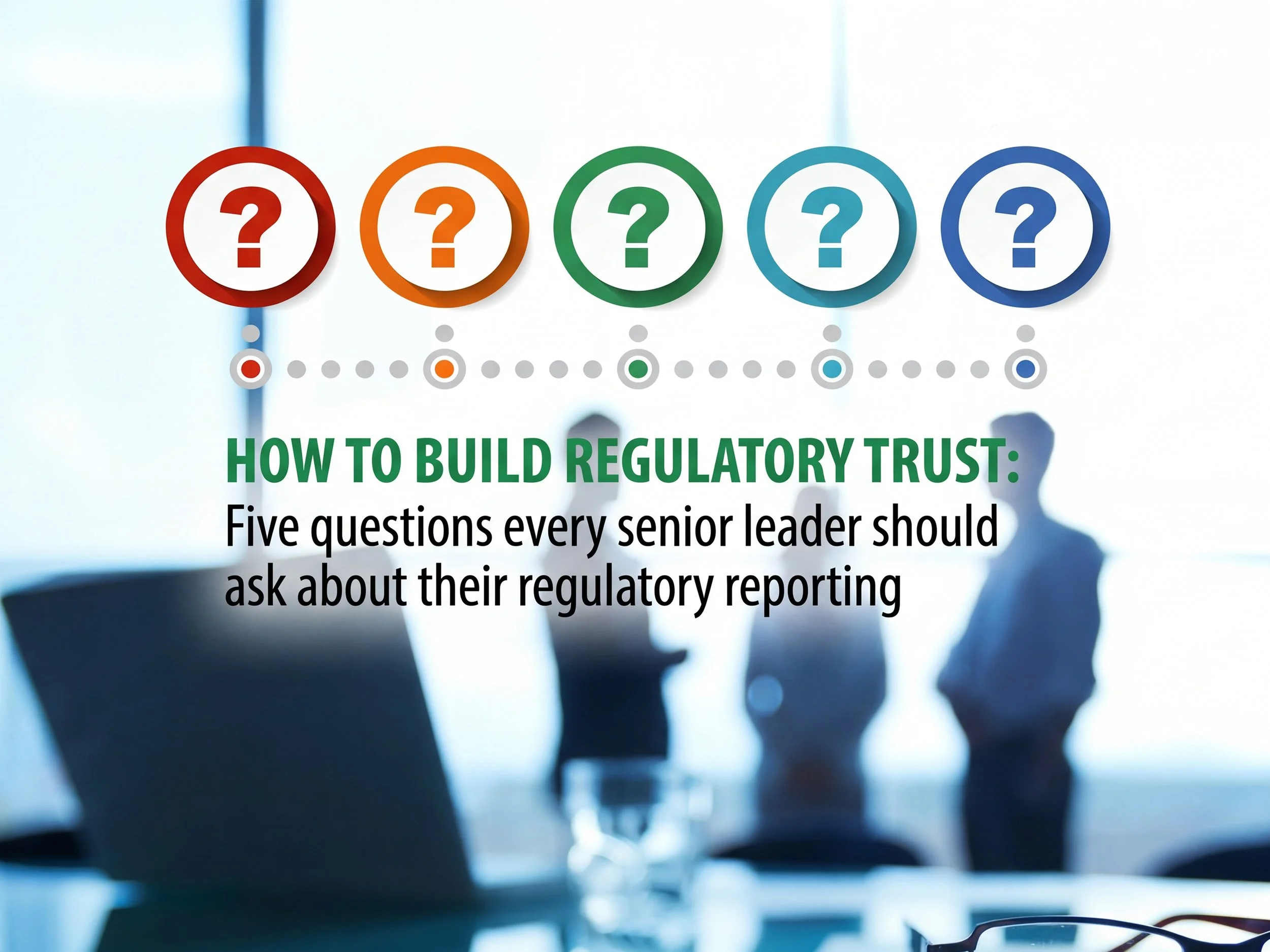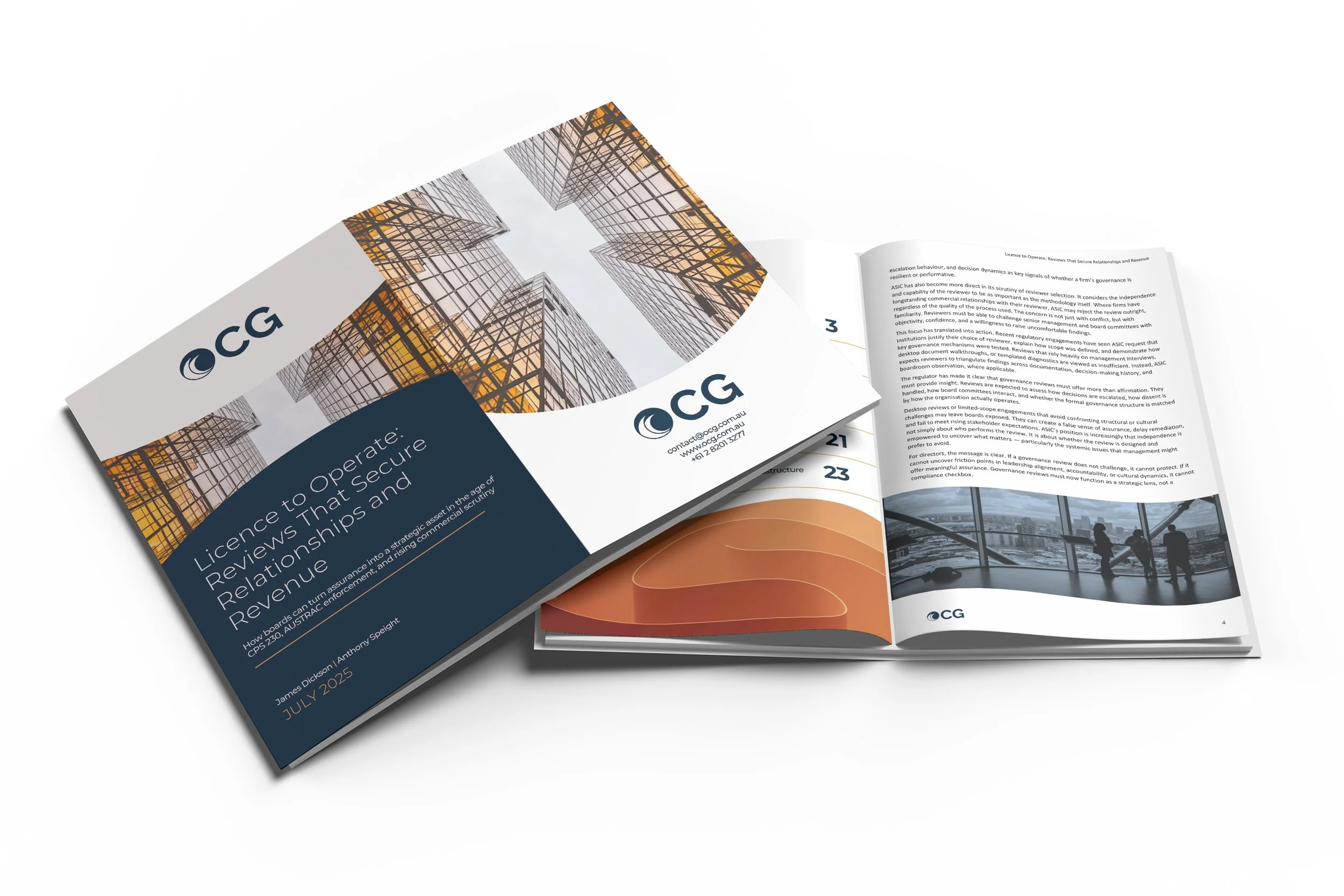ASIC Anti-Greenwashing & ESG Claims: Compliance, Clarity, and Credibility
Understanding Anti-Greenwashing Expectations
ASIC has sharpened its focus on greenwashing, misleading, or overstated environmental, social, or governance (ESG) claims in product design, marketing, disclosures, and ongoing reporting. For issuers and distributors across wealth, superannuation, banking and insurance, this means ESG statements must be accurate, specific, and evidence-based, with clear definitions, limitations, and measurement methods that customers can understand.
Why Anti-Greenwashing Rules Matter
ESG is now mainstream in product strategy and investor communications. Weak or vague claims risk misleading consumers, prompting regulatory action, reputational harm, product remediation, and costly disclosure rewrites. Strong controls, on the other hand, improve trust, align with DDO’s consumer-centric intent, and support sustainable growth by setting realistic expectations and measurable outcomes.
Key implications for firms include:
Substantiation duty: ESG statements must be supported by credible data, criteria, and methodologies.
Plain-English clarity: avoid broad, absolute, or undefined terms (“carbon neutral”, “sustainable”) without context.
Ongoing governance: ensure claims remain accurate over time (data updates, methodology changes, third-party provider shifts).
Product governance linkages: evidence that TMDs, monitoring, complaints (RG 271) and breach reporting (RG 78) align with ESG claims and customer outcomes.
Key Challenges Facing Firms
Turning high-level sustainability ambitions into precise, verifiable product and marketing language.
Building data lineage and assurance for ESG metrics (scope, baselines, exclusions, limitations).
Managing third-party ratings/providers and ensuring their methods are understood and fit-for-purpose.
Coordinating legal, product, marketing, risk and data teams to keep claims consistent across channels.
Monitoring ongoing accuracy as portfolios, benchmarks, or regulations evolve.
How OCG Can Help
Oceanic Consulting Group (OCG) helps financial institutions design robust ESG claim governance that stands up to scrutiny and supports better customer outcomes.
Our services include:
ESG claims framework: policies, approval workflows, and accountability for product and marketing teams.
Evidence packs & MI: traceable data, assumptions, and methodologies supporting disclosures and promotions.
Product governance alignment: tie ESG claims to DDO (TMDs, distribution conditions, monitoring) and IDR/breach processes.
Third-party oversight: selection, due diligence and monitoring of data/rating providers.
Training & enablement: practical guidance for marketers, product leads, compliance and executives.
Independent reviews: pre-issuance and in-life checks to prevent drift and remediate gaps quickly.
FAQs
What counts as greenwashing?
Statements, labels, or imagery that mislead or overstate ESG characteristics, e.g., vague terms without definitions, unsubstantiated targets, or claims that don’t match holdings, screens, or processes.
How do anti-greenwashing expectations interact with DDO?
ESG claims must align with TMDs, distribution conditions and monitoring. Complaints and breach data should feed back into product reviews where claims and outcomes diverge.
Do we need third-party verification?
Not always, but independent, documented evidence and clear methodology improve defensibility. If you use ratings/providers, ensure you understand and disclose their limitations.
What’s the first step to uplift?
Map current claims, data sources and approvals; identify high-risk phrases; establish a claims register and a repeatable review cadence with clear ownership.
Strengthen Your ESG Claims Governance
Work with OCG’s Product & Compliance Specialists
Protect trust and meet regulator expectations with ESG claims that are clear, specific and evidence-based. Contact OCG to build an end-to-end governance model, frameworks, evidence packs, and assurance, that keeps sustainability messaging accurate over time.









